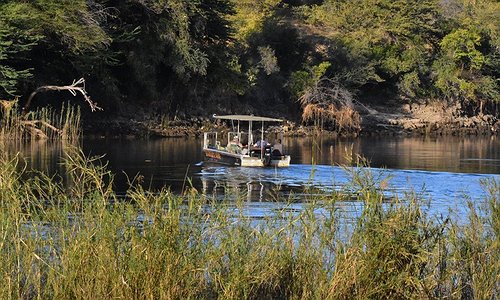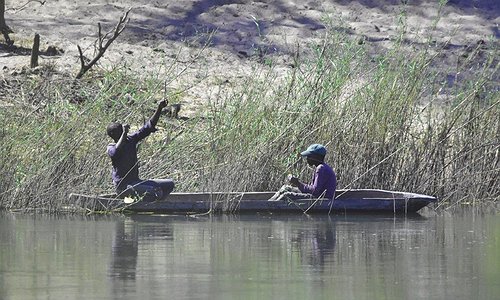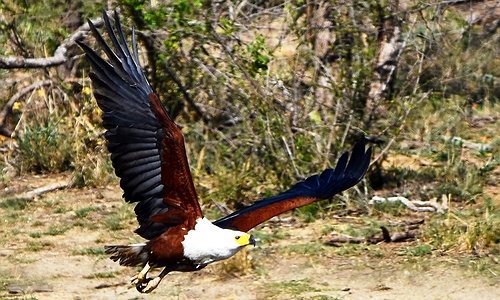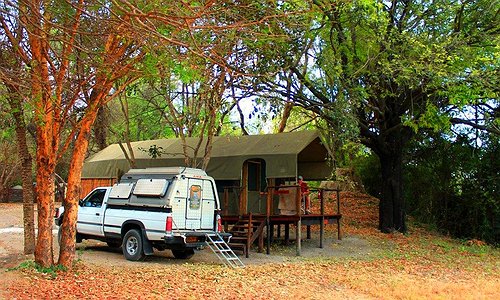The psychology of the open road

There’s a particular silence that settles in when the tyres hit the tarmac outside Springbok or Outjo. The towns fade behind, the horizon pulls forward, and the noise of everyday life softens. It’s not just the absence of traffic lights or crowded pavements. It’s something deeper. Travelling the open roads of Southern Africa invites a shift - not only in location but in mental state.
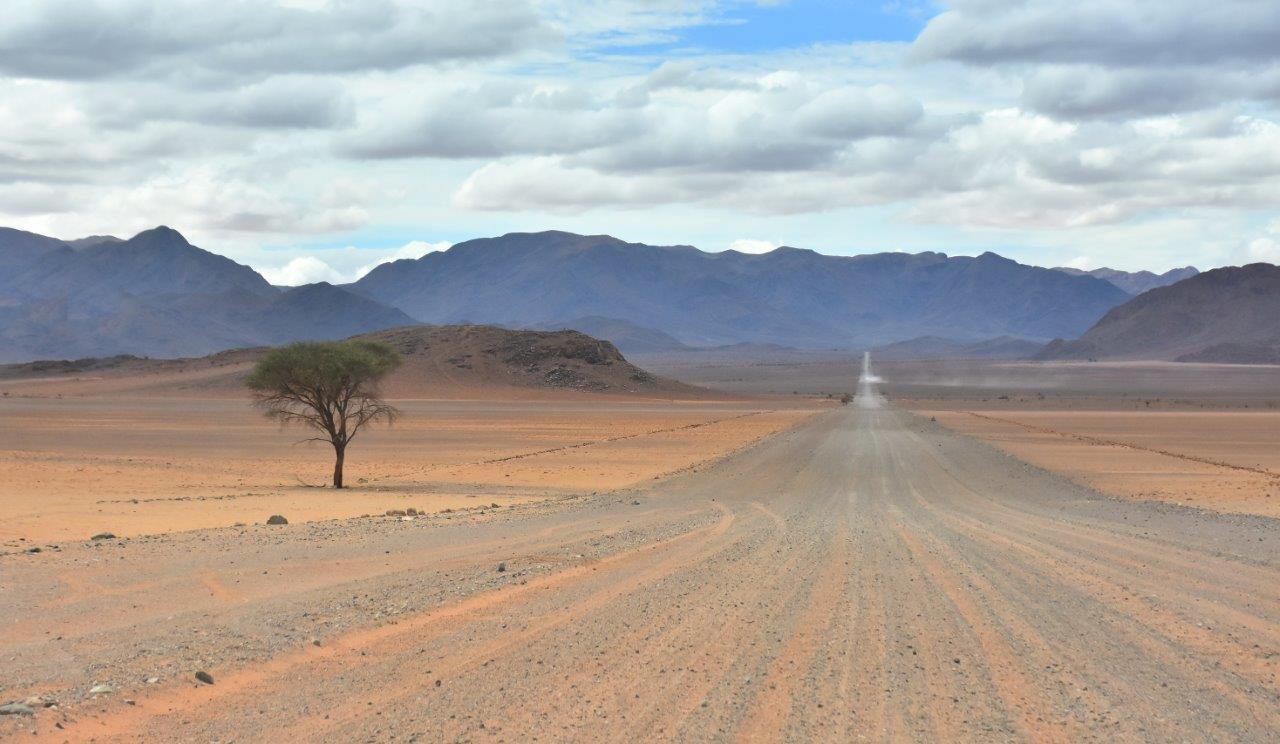
The psychology of the open road has fascinated researchers and travellers alike. It blends autonomy, reflection, and discovery into something quietly transformative. For many, the act of driving across Namibia’s Skeleton Coast or along the Wild Coast in the Eastern Cape is less about the destination and more about the recalibration of self.
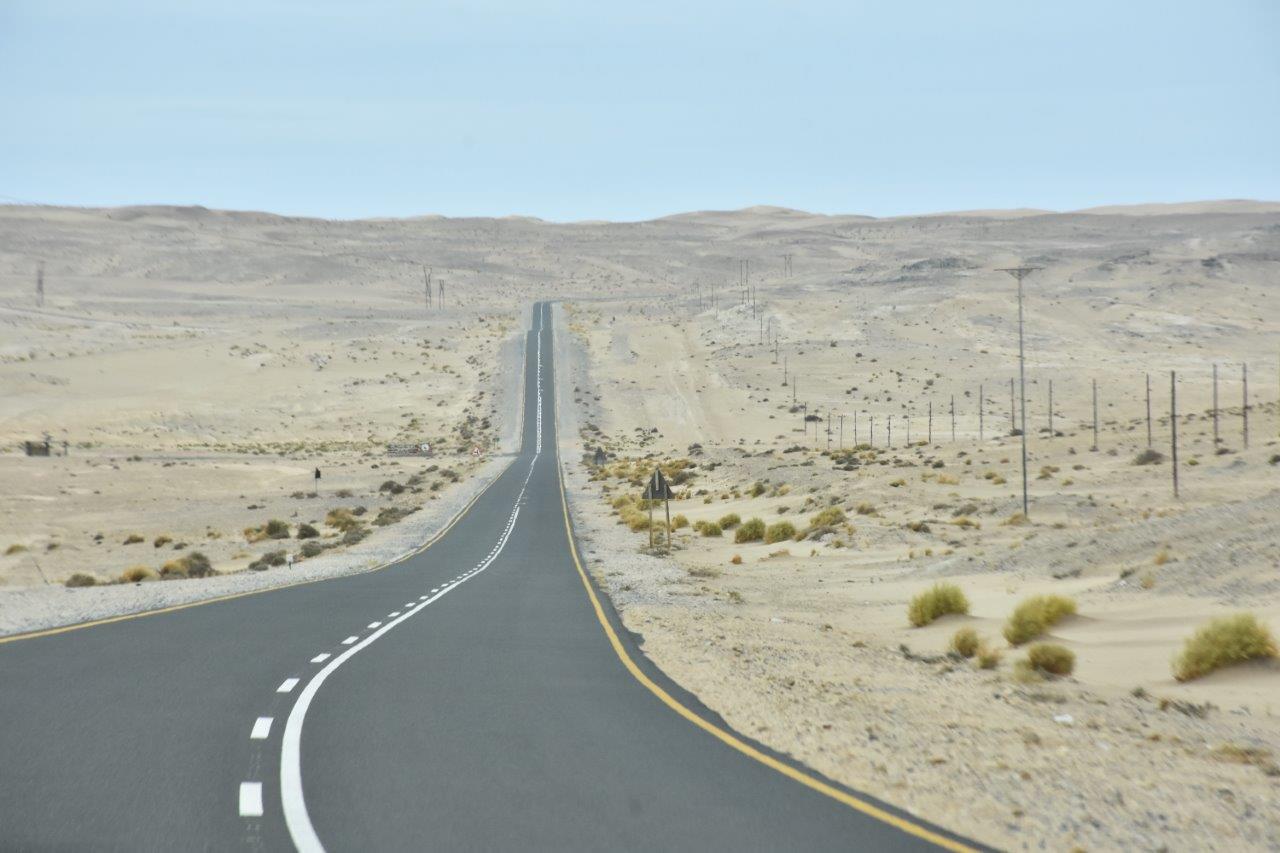
In South Africa, the N1 slices through the Karoo’s arid interior like a ribbon of possibility. Long-haul drivers often report a meditative trance setting in - steady speed, steady scenery, and an unsteady sense of time. This phenomenon, sometimes called ‘road hypnosis’, is not about zoning out. It’s about zoning in. Routine thoughts drift away and deeper reflections rise to the surface.
Open road travel fosters a unique mental spaciousness. In Botswana, driving from Maun to Kasane across the A3 means hours with nothing but mopane woodland, dusty verges, and the occasional elephant to keep you company. Solitude, here, isn’t lonely. It’s clarifying. Psychologists note that prolonged exposure to open spaces often triggers introspection, something increasingly rare in fast-paced urban lives.
The road gives structure to what might otherwise feel directionless. In Zimbabwe, the route from Bulawayo to Victoria Falls follows not only a geographic corridor but a mental one. Milestones become achievements. Changing landscapes offer cues for change within. One psychologist likens road travel to a kind of therapy: gentle, forward-moving, and punctuated by new perspectives.
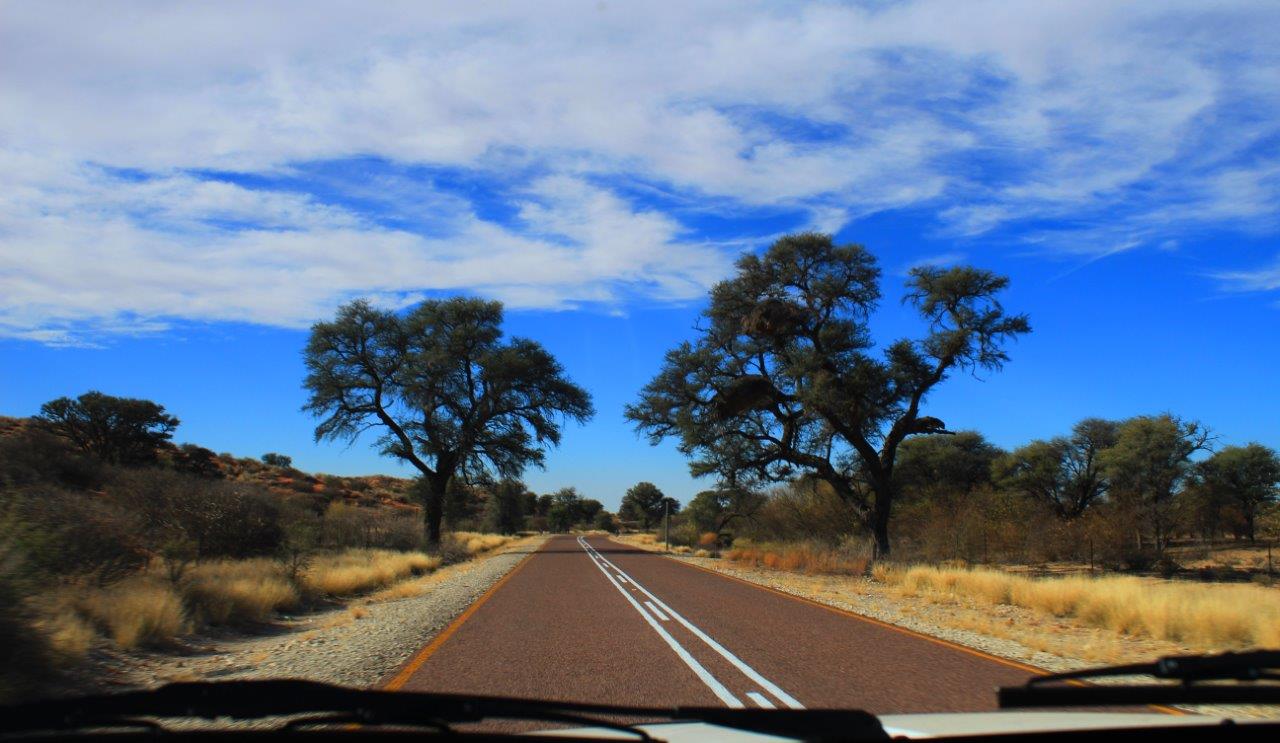
Then there’s the thrill of unpredictability. Southern African roads promise the unplanned - impromptu roadside markets near Gweru, warthogs grazing on verges near Etosha, or sudden thunderstorms that turn a dry gravel pass into a river. This sense of chance rekindles alertness, which many associate with feelings of vitality and presence.
Importantly, the open roads of Southern Africa offer a rare disconnection. Signal drops between Rundu and Katima Mulilo or through the Swartberg Pass are less nuisance and more gift. Without notifications and pings, attention shifts to the terrain, the weather, and the inner world. According to behavioural researchers, this removal from digital inputs can improve mood and cognitive clarity after just a few hours.
Even for first-time visitors, the sensory experience of Southern Africa’s roads leaves an imprint. The sweet smell of rain on hot earth near Tzaneen, the amber hue of sunset on the gravel outside Ghanzi, the sound of tyres crunching through acacia pods - each detail deepens engagement. Over time, these moments compile into memory landscapes, stored as vividly as photographs.
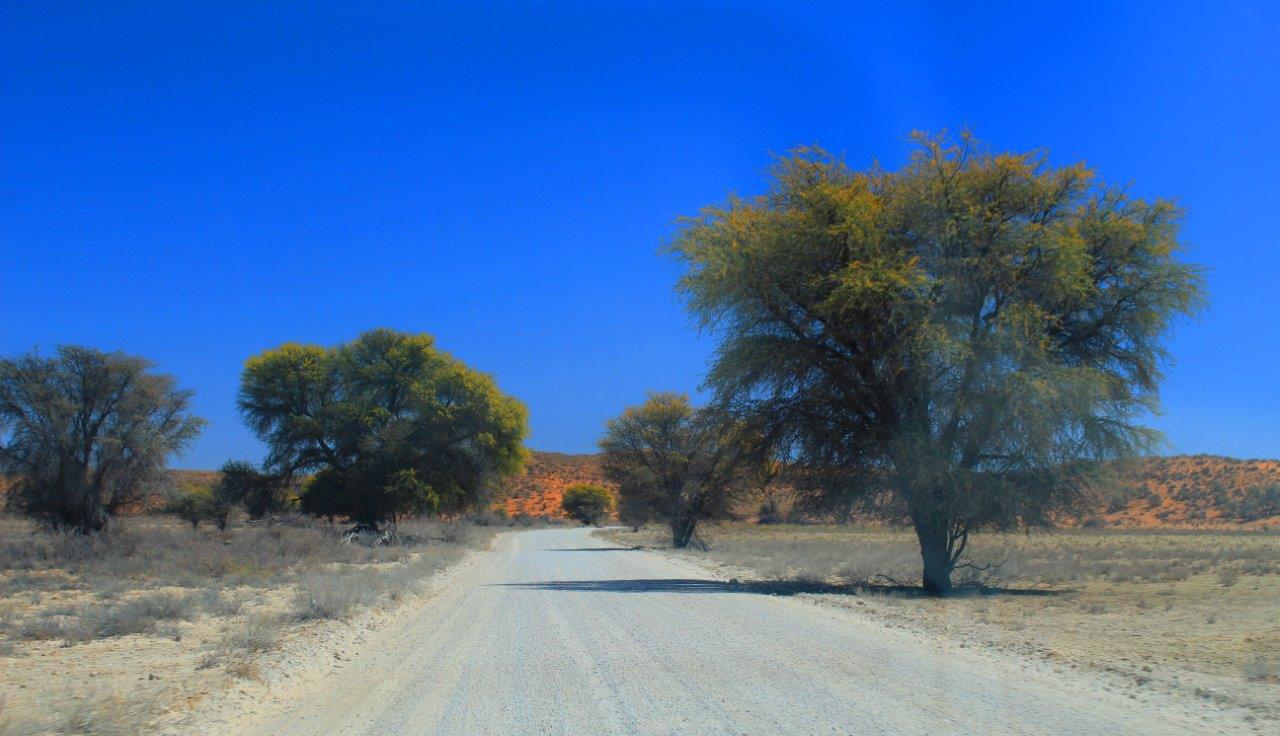
Travellers often report a sense of reintegration upon returning. The road, with its unhurried pace and open-endedness, helps disentangle stress and reset priorities. Those who explore by vehicle find that the space between places becomes the real journey. The psychology of the open road is, in the end, about freedom - not just in movement but in thought.
To drive through Southern Africa is not merely a scenic option. It is an invitation to reconnect - with land, with thought, and with time itself.


